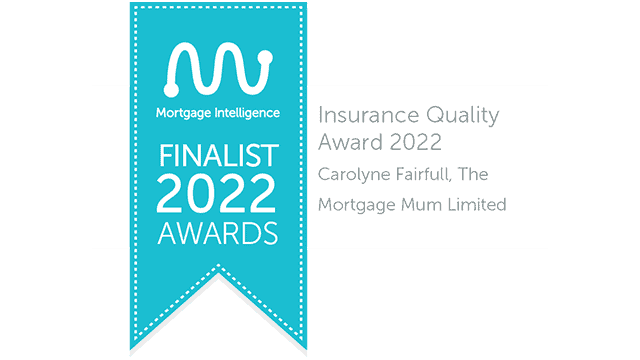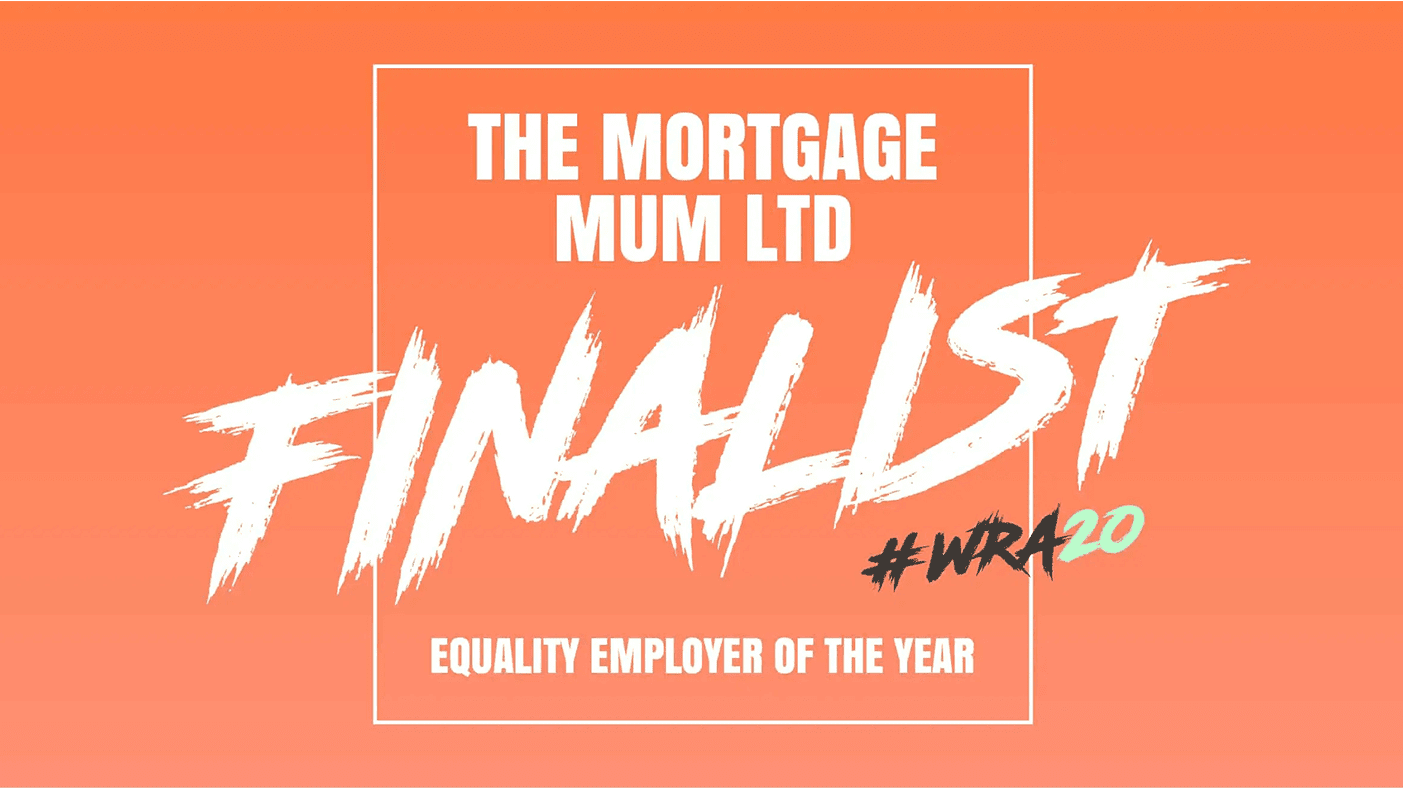Critical Illness Insurance
- Multi- Award winning team
- Wide range of lenders
- Bespoke service, tailored to you
- Available at all hours, including after bath time!
Get in touch for an initial free, no obligation chat with an advisor about how we might be able to help.

Get in Touch
Home » Critical Illness Insurance
Sarah Tucker is joined by Gemma Sawyer to talk all about Critical Illness Cover.
Gemma Sawyer works as a Protection Adviser at The Mortgage Mum, who alongside Carolyne Fairfull, gives exceptional service when it comes to protection insurance. They are both wonderful people, both mothers, and both have lots of understanding and empathy for every situation that comes across their desks.
Gemma has joined us for three episodes to talk about Income Protection, Critical Illness and Life Insurance, and today’s episode focuses on Critical Illness Cover.
What is Critical Illness Cover?
The biggest myth with Critical Illness Cover is that they don’t pay out. Critical Illness Cover gives you a lump sum of money if you get diagnosed with a serious illness. It doesn’t have to be a terminal illness, and there are so many illnesses covered these days on Critical Illness.
There are different levels of Critical Illness to cover illnesses such as, cancer, heart attack, stroke, multiple sclerosis or enhanced cover gives you more Critical Illnesses that are not covered. The enhanced policy will give you an additional claim for a lesser advanced cancer, so for something that was easily treatable, wasn’t spreading and was caught early, you would still get an additional payout on some of these policies.
They really do try and pay out on everything. Most of the stats that we get from insurance companies are in the 90% range for payouts. The only real reasons that they wouldn’t pay out are if the full detail wasn’t given to them at application stage, which is why it’s important to go through your application with someone who understands all of the questions.
How does it differ from Life Insurance?
Life Insurance pays out if you die. Some of them pay out on terminal illness, but Critical Illness Cover pays out on diagnosis, generally fourteen days after you’ve been diagnosed with an illness that’s covered on your policy, they would pay out. That illness doesn’t need to be terminal, whereas Life Insurance would only pay out if you had a terminal illness and you were likely to die within twelve months.
It’s the most expensive type of insurance, why is it worth the money?
The reason it’s the most expensive kind of cover is sadly, because you have such a high chance of having to claim it. We don’t like using the statistics but one in two people get cancer in their lifetime, which is why Critical Illness Cover is so expensive.
There are ways of making your Critical Illness cheaper, but it depends on what cover level you want. You can cover your whole mortgage and in an ideal world, if you got diagnosed with something serious, you have a lump sum paid to you to cover your entire mortgage.
If that is unaffordable to you, we would look at how much cover would make a difference to you. A lump sum of a year’s salary is quite popular, which is where you have a lump sum of a year’s salary put into your bank account at the point where you found out you are ill. That would give you a year’s breathing space to be able to keep paying your bills while you had some treatment, and some time off, or you could pay off a chunk of your mortgage.
Standard cover is the cheapest way of having Critical Illness Cover, but quite often you can get the more comprehensive policies for only a few pounds extra per month. You get much more cover and it gives you additional payouts for conditions that aren’t quite as serious as the full payout conditions. You get what you pay for with Critical Illness Cover, so it is really important to have those conversations about your priorities with a broker.
Typically we try to do individual bespoke policies and packages. Do you tend to do Separate Life and Critical Illness Cover, and if so, why is that?
Generally, we always include life cover with the Critical Illness policy itself so that it pays out on the first thing that happens if you’ve got less Critical Illness Cover. It’s really popular to have a combination of both types of coverage just to give that really good security.
Speak to an expert
We will work at times that suit you and your family, carrying out appointments via video call, telephone or email, giving you the benefit of first class service, around your own schedule, and in the comfort of your own home. So let us handle your mortgage today and find out how well we can look after you, The Mortgage Mum way!
If I’ve already claimed for the Critical Illness, do I still have Life Insurance, or does it cancel the policy out when you’ve claimed on it once?
It depends how you’ve set it up. We would always set up your Critical Illness Cover and then we would have a Life Insurance policy for your mortgage. So if you’ve had a Critical Illness and you’ve claimed on your Critical Illness Cover, that policy then ends and then you would hope you still have your Life Insurance there for your mortgage. So at a later date, you would then be able to claim on your Life Insurance policy.
That’s a really important point because if you don’t do it like that or you haven’t had the right advice, then try and get Life Insurance at that point, obviously you’ve then had a Critical Illness, meaning A, it’s much more expensive and B, that you may even struggle to get it based on what you’ve had.
What percentage of a mortgage payment should people be planning to pay for a package of protection, if they wanted everything?
Generally, we would say between about 15% of your monthly mortgage payment would give you a good all round protection package. It does depend on specific circumstances, such as your age, your smoking status, the risk of your job, risky hobbies, but in general, we find that gives most people a good package of cover as a guide.
How often should people be reviewing it?
Every time something changes is a really good time to review things. A new house, new mortgage, children coming along. The market does change as well, so we’re always happy to review people’s cover. Perhaps originally they could only afford a certain amount of cover but they have got better jobs and salaries, and think now is a good time to put a little bit more towards protection.






























































